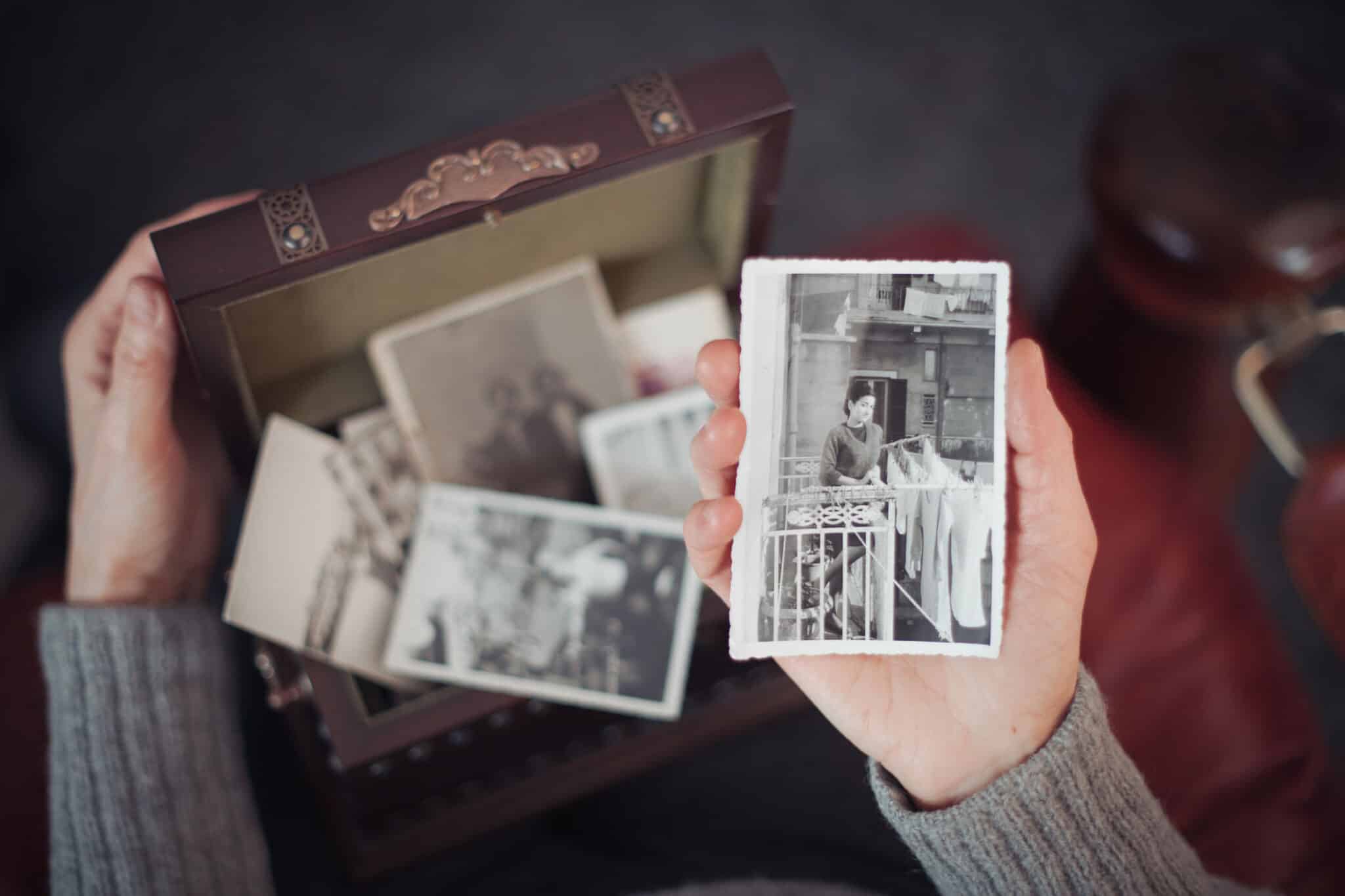 Nico De Pasquale Photography/Getty
Nico De Pasquale Photography/Getty One of the things about moments of intense darkness is that it’s difficult to pull back and look at the long arc of history.
We’re living through such a moment. Ever since Hamas terrorists invaded Israel and brutally massacred 1400 souls on Oct. 7, our focus has been on the present—our feelings and our actions.
Emotions of intense grief, rage, shock and fear have collided in our consciousness. Meanwhile, our minds and our hands have been consumed with action—what can we do to help?
When all one can see and feel is the urgency of the moment, there’s not much room left to see history.
And yet, that is what I did this morning when I came across this quote from the late Chief Rabbi Jonathan Sacks:
“To be a Jew is to be part of the most remarkable story ever lived, by any people, covering more countries, more adverse circumstances, more triumph and tragedies than any other story. Every one of us has a chapter to write in that story and hand the book on. That is what it is to be a Jew.”
What struck me about the quote is its radical inclusivity. It’s all in there. Every aspect, every moment, every drama of the Jewish experience since time immemorial feels included. Tragedies, triumphs, everything in between.
In addition to every moment, Sacks makes sure to include every Jew. Every Jew is part of “the most remarkable story ever lived” and “has a chapter to write in that story and hand the book on.”
It’s more pleasant, of course, when we’re writing a triumphant chapter like the creation of the state of Israel, or the success of Jewish comedy in America, or a spiritual renaissance among the new generation. Those are fun to write.
This current chapter isn’t.
Since Oct. 7, we’ve been living through perhaps the darkest time of our Jewish lives. Many of us are still dizzy and numb from the shock of the massacre, not to mention the alarming rise in Jew hatred throughout much of the world. It’s hard to even know what we’re writing.
There is a human tendency to take such moments of extreme darkness and treat them as extreme exceptions. We want to file them away in a special box so we never have to experience them again. But there is an opposite tendency to allow the darkness to invade our souls and blind us to the presence of light.
This is why I found the quote from Rabbi Sacks so powerful—it embraces the darkest darkness and the brightest light. It elevates light without underplaying darkness. It reminds us that they are both part of the most remarkable story ever lived.
It reminds us that Oct. 6 is just as important as Oct. 7.
Rabbi Sacks entered my life this morning to remind me that all these extremities of Jewish life are part of our story. They have shaped us into we are. And just as a horrible tragedy may have befallen us, there are chapters of triumph yet to be written.
Shabbat shalom.























 More news and opinions than at a Shabbat dinner, right in your inbox.
More news and opinions than at a Shabbat dinner, right in your inbox.